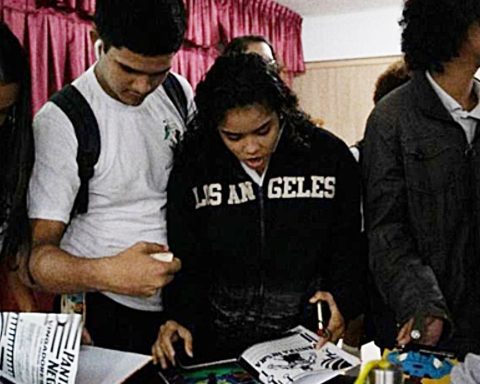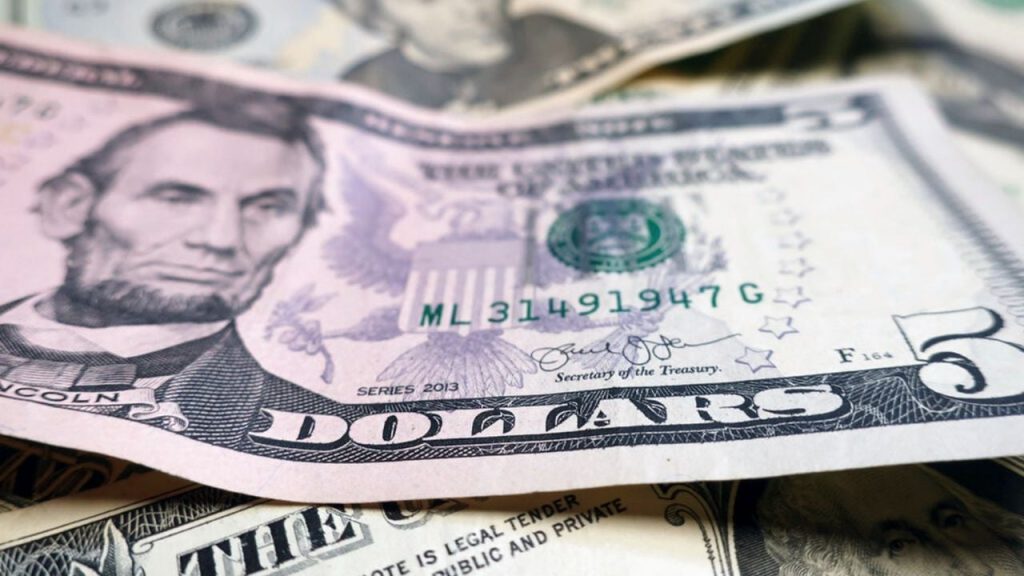“You are a June festival priest,” said presidential candidate Soraya Thronicke (Pode) during the last debate of the first round of the 2022 election. The presidential candidate’s statement against fellow candidate Padre Kelmon (currently in the PL and, in time, in the PTB), on September 29, went beyond the reach of the television debate, was repeated countless times on the internet in a comical tone and gained space in voters’ memories to this day. It became a “meme”.
Defined as a language that goes viral in the virtual universe, “the meme fulfills this function of entertaining and amusing, but it also has other objectives, especially in the political environment”, he explains to Brazil Agency the professor at the Department of Cultural Studies and Media at the Fluminense Federal University (UFF), Viktor Chagas.
Research author The politics of memes and political memes: methodological proposal for content analysis of memes from the 2014 electoral debatesthe researcher clarifies that the term did not emerge directly from the internet. Originally, the definition refers to the way in which cultural information is transmitted from generation to generation.
“The concept emerged in the 1970s, therefore long before the internet became popular. It was coined by biologist Richard Dawkins in the book The Selfish Gene (1976) as a term analogous to the gene, only in culture”, says Chagas.
Over time, the word was used in different fields of knowledge, until at the end of the 1990s it was definitively appropriated by internet users, who began to define “meme” as the sharing of images, videos and jokes. viral.
“We can say that there are two memes, one before the internet and one after it, because when we started to appropriate this concept, it started to represent something completely different and, therefore, native to the digital environment”.
Associated with specific cultural niches, this language is also characterized by layers of information combined with humor, serving a logic in which users seek to build identity and belonging.
“Today, there is an entire economy developed around memes. Those largely responsible for reducing the cost-benefit ratio in their production are what we commonly call ‘meme generators’: small applications responsible for developing them based on some models”, he adds.
Political scope
Researcher at the Laboratory of Internet Studies and Social Networks at the Federal University of Rio de Janeiro (NetLab-UFRJ), Débora Salles considers the period from 2008 to 2012 — when candidates began to invest massively in the internet — as the initial milestone of use of memes in political campaigns.
“Obama (former president of the United States) was the big turning point in the online political campaign. With it begins the use of memes, although somewhat restricted, but which grows in social and cultural importance as the use of the internet and the penetration of applications in society increases”.
In Brazil, the introduction of memes during electoral periods occurred soon after, with the 2014 general elections, when Dilma Rousseff was re-elected as president of the country.
“The 2014 elections were perhaps the first moment in which we effectively saw memes enter the public scene, with an even official character”, highlights the UFF professor. “Dilma, at the time, was the victim of many misogynistic memes, as was Marina Silva”, he recalls.
For Chagas, in the political scenario, memes can be used as a strategy to persuade different groups and draw attention to an ideological position.
“They can contribute to the construction of a certain reading about a political character, being able to attack or defame. In this sense, they are there trying to convince voters of a certain worldview. Not surprisingly, many campaigns have invested heavily in the production of memes or in encouraging the community of producers and digital influencers”, he highlights.
It is also common for memes to be produced by supporters and organized movements in society with the intention of criticizing opponents and delegitimizing opponents. “They help to clarify values and concepts, disarm critics and ease tension. They are a translation of the creativity of communities”, summarizes the NetLab researcher.
Misinformation
“It is important to say that most of the time memes are produced and disseminated, they do not necessarily have malicious or problematic content”, highlights Salles.
“The issue is that they have been increasingly used by extremist groups, who appropriate certain images, jokes and events to spread misinformation and promote hate speech.”
THE Brazil Agencythe researcher points out that there is a difference between false information and disinformation. In general, the first is something that can be disproved, while the second is a further concept, which also encompasses false information.
“Often, disinformation is dealing with information that is true, but taken out of context and distorted. False information is part of disinformation, which includes other issues that cannot be verified.”
For her, memes are related to misinformation in that humor is used to create a “gray zone” between what is “problematic and what is socially acceptable”, being used to escape this type of moderation.
According to Débora Salles, one of the biggest problems in combating misinformation generated by memes is the difficulty in moderating digital platforms. “It is difficult to identify them and take them down, because platforms have difficulty recognizing memes. Therefore, especially when memes are problematic or disseminated by extremist groups, the main challenge in combating them is that we do not know very well how this is managed by platforms that do not release information about their content to society, researchers or even for the State.”
The scholar warns that voters in general “need to remember that humor can always be used as a strategy to say things that you would not normally say”.
Therefore, it reinforces the need to invest in interpretation so that people can identify whether that image, audio or video is just a joke or a strategy for supporters to spread messages that they would not be able to share directly.
*Intern under the supervision of Vinícius Lisboa
















